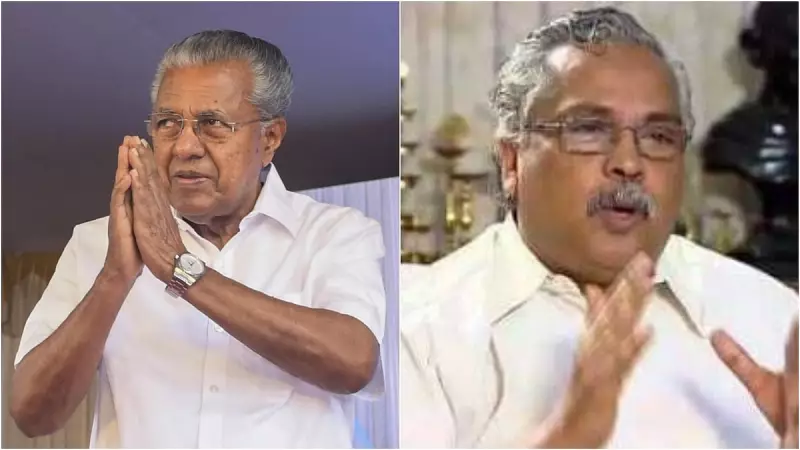
With the electoral clock ticking in Kerala, the Communist Party of India (CPI) appears to be playing a delicate balancing act, choosing strategic restraint over open confrontation in the ongoing 'PM SHRI' schools controversy that has exposed fault lines within the ruling Left Democratic Front (LDF).
The Alliance Calculus
Political observers note that the CPI's reluctance to escalate tensions with its senior partner, the CPI(M), stems from pragmatic electoral considerations. As Kerala prepares for crucial upcoming polls, maintaining Left unity has become paramount, even at the cost of swallowing disagreements.
The heart of the matter lies in the central government's PM SHRI schools scheme, which has created an ideological dilemma for the Left parties. While both communist parties have traditionally opposed what they term "the Centre's interference in education," the practical benefits of the scheme for Kerala's educational infrastructure have complicated their stance.
Behind Closed Doors
Sources within the Left Front indicate that while the CPI has expressed reservations about the scheme, the party leadership has opted for behind-the-scenes discussions rather than public demonstrations of dissent. This approach reflects the complex dynamics of coalition politics where public unity often masks private disagreements.
"The CPI finds itself walking a tightrope," explains a political analyst familiar with Kerala's political landscape. "They need to maintain their ideological position while ensuring the alliance remains intact for the electoral battles ahead. Open rebellion at this juncture could cost them dearly."
Historical Context and Current Realities
The relationship between the two communist parties has always been nuanced, marked by both cooperation and competition. However, the current political climate in Kerala, where the LDF faces a resurgent opposition, has made alliance management more critical than ever.
Key factors influencing the CPI's stance include:
- The need to present a united front against political opponents
- The practical benefits that might accrue from the central scheme
- Internal party assessments of electoral mathematics
- The historical weight of Left unity in Kerala's political fabric
What This Means for Kerala Politics
The CPI's calculated silence on the PM SHRI issue reveals much about the evolving nature of Left politics in the state. While ideological purity remains important, electoral pragmatism appears to be gaining ground as parties navigate the complex terrain of coalition governance.
As one senior political journalist noted, "In Kerala's heated political environment, sometimes what isn't said speaks louder than what is. The CPI's restraint tells us they're playing the long game."
The coming weeks will reveal whether this strategy of quiet diplomacy over public confrontation will pay electoral dividends for the Left Front, or whether the underlying tensions will eventually surface as polling day approaches.






